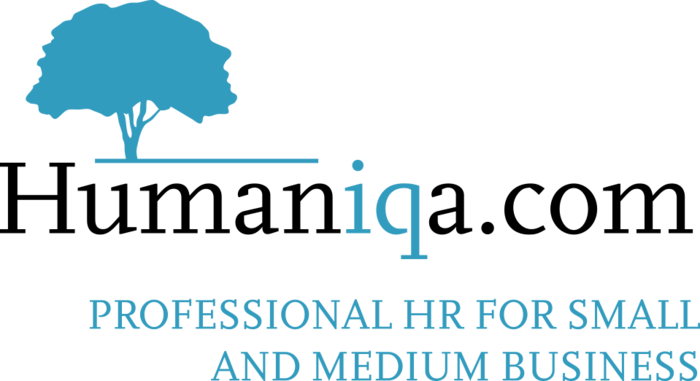Managing Millennials in the Workplace May 01 2015
Time magazine has declared them the “Me, me, me Generation.” They are also claimed to be the most social, and tech savvy generation of all time. We are of course referring to “Generation Y”, also known as: “The Millennials.”
Millennials are individuals born between the year 1981 and 2000. There are many reasons for which it has become increasingly important for employers to learn about Millennials. Many Baby-boomers are now retiring, and there simply are not enough Gen-Xers to meet the demand for human resources in a sustainable way. By the year 2025, Millennials will form 75% of the workforce, worldwide.
Is your workplace millennial friendly?
It has now become increasingly urgent for employers to properly manage millennials in the workplace. Employers must learn to successfully attract, retain and of course motivate these individuals. Here are some helpful tips.
Step 1: Attracting Millennials
Employers must attract millennials by letting them know about their:
- Positive organizational culture
- Value of their position within the organization
- Use of technology
- Compensation
A great organizational culture can do a lot to attract individuals belonging to this group. Millennials value work-life balance and a healthy and positive work environment. Let potential candidates know if you host a monthly breakfast for your employees, have flexible work hours, or offer special summer hours. Millennials are also known as the “No collar generation.” This means they enjoy having fewer boundaries in terms of restrictive appropriate work attire. Make them aware of your “Jeans for Charity Fridays” if this applies to your organization.
Millennials are known to be more comfortable around technology than those from other generations. Participating in social media, whether through Facebook or Twitter can help in attracting these hyper- connected individuals.
Though compensation is rarely the sole determining factor in attracting these individuals to organizations, it certainly helps. On average, new graduates have a debt of $20,000. Offering a competitive salary will help employers draw in the most qualified individuals to their organization and help retain them.
Step 2: Retaining Millennials
Millennials are sometimes viewed as being less loyal than others, as they have a turnover rate three times higher than that of the Baby boomers. For this reason, employers must put more effort into retaining these employees. This can be done by:
- Creating a less formal and less structured atmosphere
- Having an open and honest communications culture
Millennials tend to prefer a less structured workplace. This means offering flexible hours of work and allowing employees to work from home (even some of the time) is appealing to these individuals. Millennials also tend to have disdain for the traditional workplace hierarchy. A less traditional, non- hierarchical workplace structure may be more appealing as it may result in more efficient communication.
Having an open and honest communications culture is highly regarded by Millennials. They expect it and are more likely to trust employers who communicate more frequently and effectively. They respect organizations with high regard for integrity and prefer organizations with open door policies. Ensuring your employees feel comfortable to share ideas will not only keep the company current with fresh new ideas, but will also help the individual feel valued and important.
Step 3: Motivating Millennials
Keeping millennials motivated and engaged in their work can be challenging. Millennials need to feel as though their organization is as invested in their success as they are in their organization.
In order to motivate these employees, employers should:
- Invest in their professional development
- Offer them frequent feedback
- Provide regular employee recognition
Professional development opportunities have proven to be particularly appealing to those belonging to Generation Y. They are often concerned about their future employability and worry that they will eventually lack the skills and education necessary to advance in their career. Make the steps for advancement at your organization clear and known to prospective employees. Millennials want to be challenged .They want to work on assignments from which they can learn and hone their professional skills. Career advancement opportunities are another great way to foster employee engagement and motivation.
Feedback is important as it allows employees to know where they stand within a company, if they are doing well, or if improvement is required. It keeps employees motivated by reminding them of what is expected of them. Don’t assume that they know things are going well if you haven’t provided negative feedback. A new graduate’s confidence can only get stronger with positive reinforcement that they are doing well and their employer has confidence in them as well.
Providing regular employee recognition is necessary in order to foster motivation. Millennials want to know that their effort and dedication does not go unnoticed. Saying a simple “thank you” can go a long way with these employees.
